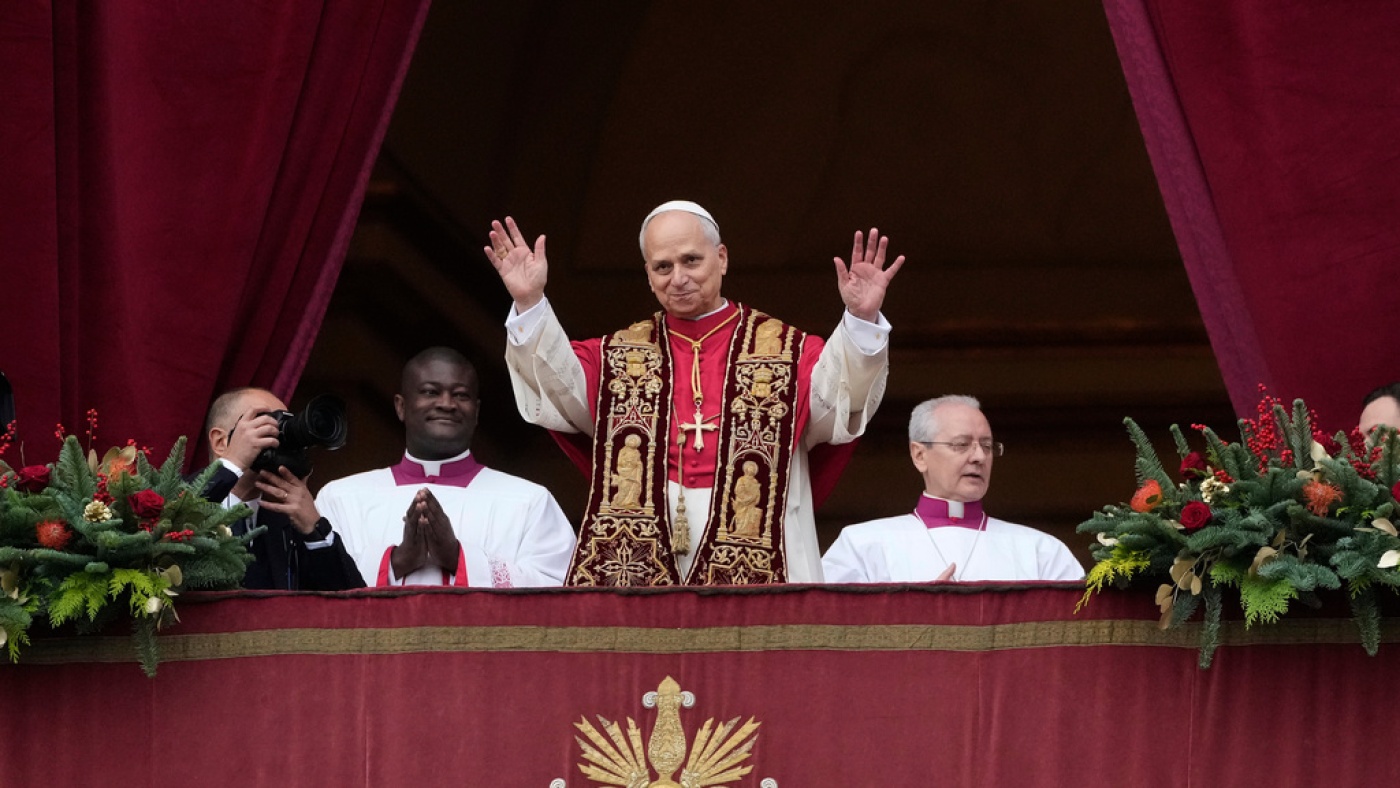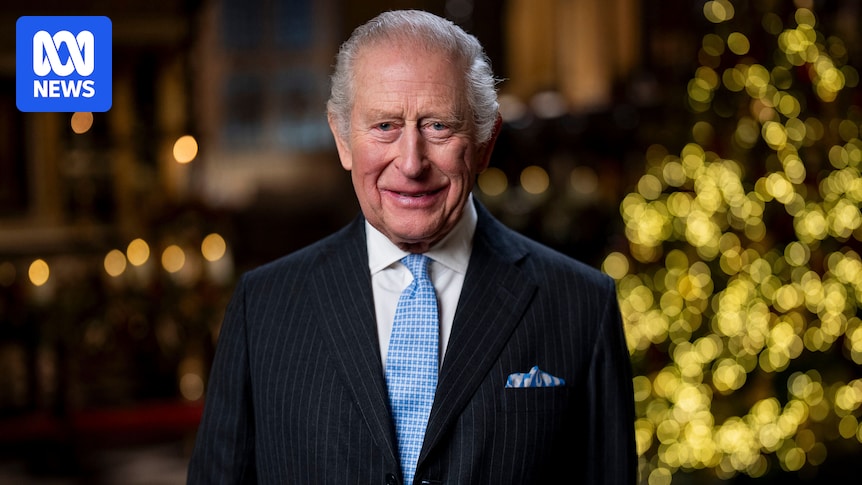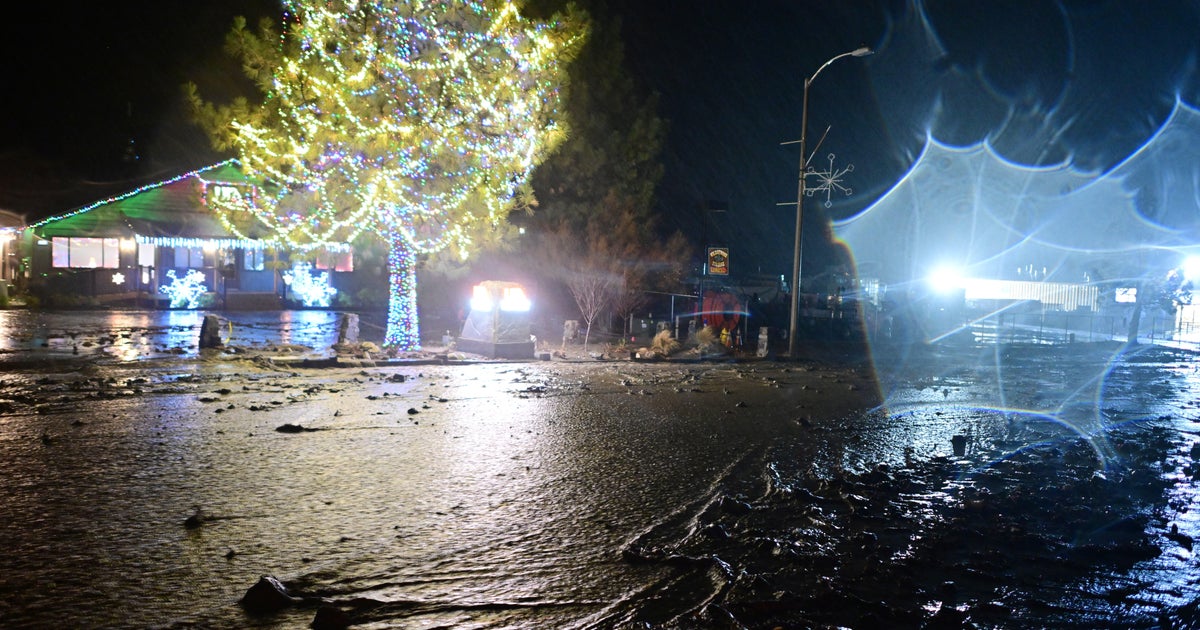MOGADISHU, Somalia — Residents of Somalia’s capital are set to vote Thursday in a controversial local election that marks the country’s first-ever one-person, one-vote poll since 1969. Analysts say it is a major departure from clan-based…
Category: 2. World
-

Pope Leo XIV’s Christmas address urges faithful to shed indifference toward suffering : NPR
Pope Leo XIV waves Thursday after delivering the Urbi et Orbi (Latin for ‘to the city and to the world’ ) Christmas…
Continue Reading
-
Theyab bin Mohamed bin Zayed witnesses unveiling of Open Masters Games Abu Dhabi 2026 official medals – مكتب أبوظبي الإعلامي
- Theyab bin Mohamed bin Zayed witnesses unveiling of Open Masters Games Abu Dhabi 2026 official medals مكتب أبوظبي الإعلامي
- UAE MoFA and the Abu Dhabi Sports Council hold an introductory workshop about the Open Masters Games Abu…
Continue Reading
-

King Charles pays homage to acts of ‘spontaneous bravery’ in Christmas Day message
King Charles III has used his annual Christmas message to acknowledge community members who have demonstrated “spontaneous bravery” in times of peril.
Delivering the address on Thursday, his fourth as monarch, the king said the many stories of the…
Continue Reading
-

PM to participate in the programme marking ‘Veer Baal Diwas’ on 26th December
PM to participate in the programme marking ‘Veer Baal Diwas’ on 26th December
Prime Minister Shri Narendra Modi will participate…
Continue Reading
-

Rescue helicopter crashes, killing five on Tanzania’s Mount Kilimanjaro | Transport News
Two foreigners seeking medical evacuation are among those killed in the crash on Africa’s highest mountain.
Published On 25 Dec 2025
Five people have been killed in a helicopter crash on…
Continue Reading
-

Hindutva hooligans target Christians across cities: Jabalpur BJP VP leads charge by abusing the visually impaired
“You were blind in this life, and you’ll be blind in the next. You apply vermilion to your hairline and bring your daughter to a Christian home!”
As India geared up to celebrate Christmas, a deeply disturbing video of Jabalpur city BJP…
Continue Reading
-
Bangladesh leader considered PM frontrunner returns from exile ahead of polls – Reuters
- Bangladesh leader considered PM frontrunner returns from exile ahead of polls Reuters
- Front-runner to be Bangladesh PM returns after 17 years in exile BBC
- BNP leader Tarique Rahman returns: Who is Bangladesh’s potential next PM? Al Jazeera
Continue Reading
-
A Top Candidate for Prime Minister Returns to Bangladesh After 17 Years in Exile – The New York Times
- A Top Candidate for Prime Minister Returns to Bangladesh After 17 Years in Exile The New York Times
- Front-runner to be Bangladesh PM returns after 17 years in exile BBC
- BNP leader Tarique Rahman returns: Who is Bangladesh’s potential next PM?
Continue Reading
-

More downpours in store for soaked California with additional mudslides and debris flows possible
More severe holiday weather is forecast for an already soaked California bracing for possible additional mudslides and debris flows.
Rain from a powerful winter storm that swept across Southern California was tapering off, but another storm…
Continue Reading
